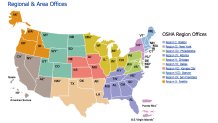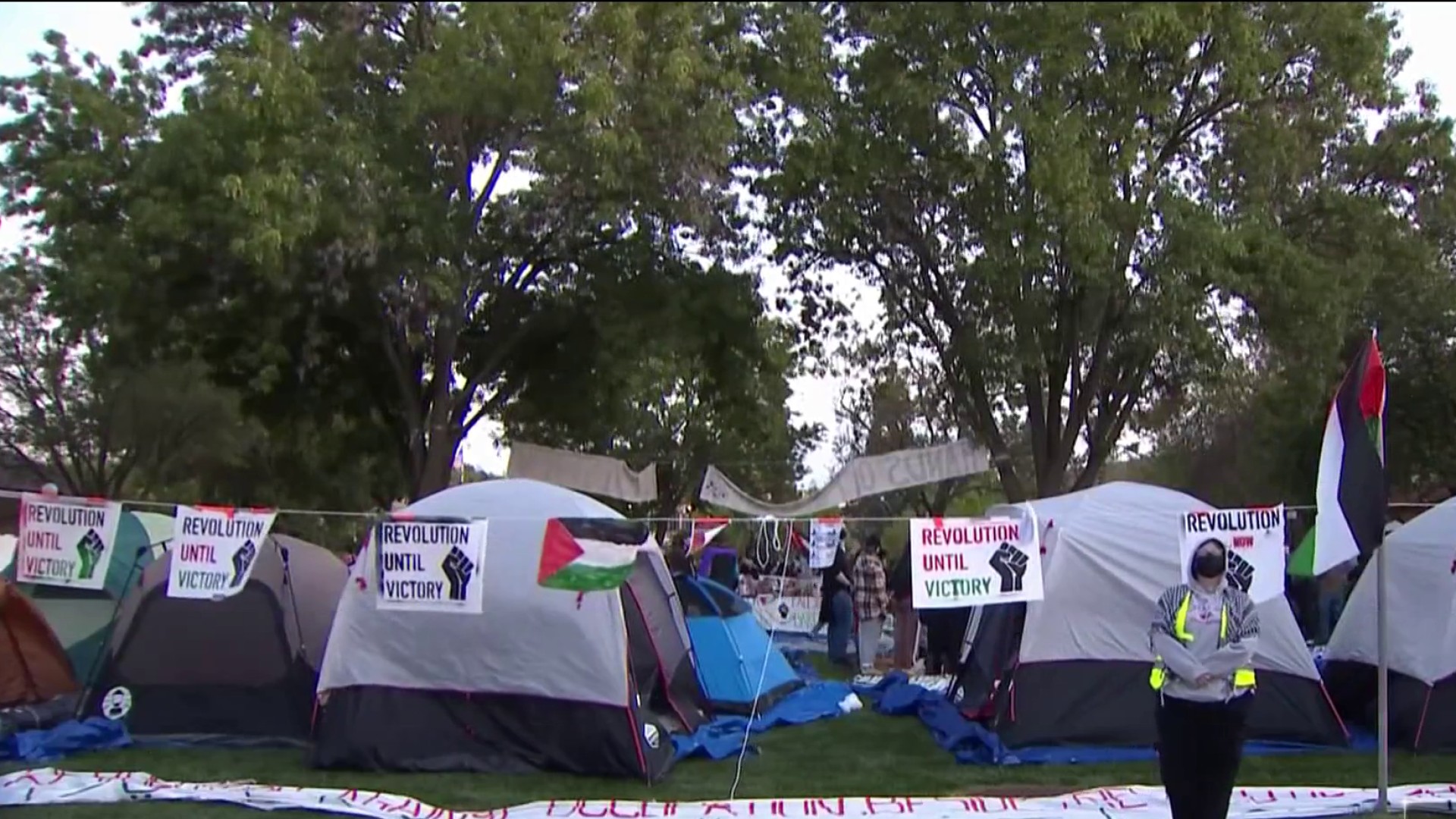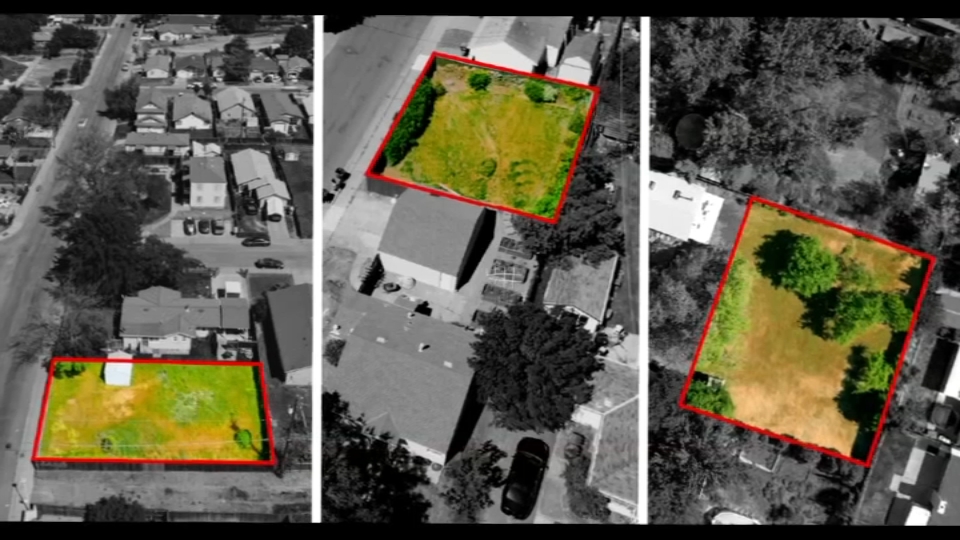For decades, whistleblowers have played a pivotal role in exposing wrongdoing in industries that affect public safety and welfare. NSA leaker Edward Snowden, “Deep Throat” Mark Felt and Enron Corporation’s Sherron Watkins famously blew the whistle on their employers.
The federal government established the Whistleblower Protection Program in the 1970s to shield employees from retaliation when they report wrongdoing or safety hazards in their industry. But insiders say the program is failing the very people it is supposed to protect, and jeopardizing public health and safety in the process.
The program is run and managed by the Occupational Health and Safety Administration (OSHA). Current and former OSHA employees, complainants and government reports reveal a system that has botched the investigation and management of whistleblower cases.
“OSHA is hostile to whistleblowers,” said Darrell Whitman, an agency investigator.
For the past five years Whitman has worked in the San Francisco office of OSHA’s Region 9, which oversees four states—California, Nevada, Arizona and Hawaii—and the U.S. territory Guam. Whitman examines complaints from workers who have been fired for speaking up about problems in 22 industries ranging from pipeline safety and food production to aviation and nuclear defense.

When people from those sectors blow the whistle, OSHA is supposed to pay attention. But Whitman says that’s not happening.
Local
“It is so incredibly absurd that we have placed our faith in these people who have no intention of following through to protect the public,” he said.
Whitman said that after he began his job in 2010 he discovered a disturbing pattern of what he considers mismanagement by his supervisors. He said superiors pressured employees to rush investigations to eliminate a growing backlog of cases and dismiss complaints even when Whitman found they had merit.
He points to at least six instances where he believes managers bungled the outcome of cases or decided to dismiss them unfairly. Two cases which Whitman calls “slam dunks” involve the environmental testing and aviation industries.
“Slam Dunk” Cases
For three years beginning in 2010 Aaron Stookey worked as a flight service specialist for defense contractor, Lockheed Martin. He helped commercial, private and military pilots plan safe flight paths by advising them of weather conditions in the skies near them.
“I want that pilot to know everything they need to know,” said Stookey, “so everyone aboard that aircraft can safely get to their destination and see their families that night.”
He was certified to assist pilots in just three mountain states—Colorado, Wyoming and Montana—not the entire country. Stookey says often times he would receive calls from locations with which he was not familiar. He says his managers pressured him to answer an increasing call volume and instructed him not to reveal his actual location when pilots called for help. Stookey believed that practice violated laws established by the Federal Aviation Administration (FAA).
“They did not want the pilot to know that they received someone who was not certified in a flight plan area,” he said. “I would say this isn’t safe, this is really deceptive to the aviation community and I am not comfortable with that.”
After repeated warnings, Lockheed Martin fired Stookey for failing to follow company procedures. In a statement the company said specialists are “trained to carefully follow FAA regulations and our standard of care policies to ensure the safety of general aviation pilots.”
Mike Madry also believes he suffered retaliation from his employer and said OSHA’s Whistleblower Protection Program let him down.
For a decade Madry served as the Phoenix-based quality assurance manager for Em Lab P&K, one of the largest indoor air quality testing companies in the U.S. In 2009, Madry says he documented multiple labs misusing a device that records test results for asbestos, a cancer causing substance found in many older homes and schools. He said the device called into question the accuracy of thousands of samples.
“The compromised testing process could put the whole nation at risk,” Madry said.
He says he also found that a lab in San Bruno was cutting corners by conducting tests in just 20 seconds instead of the standard time of five to 10 minutes.
“I asked repeatedly how these tests were able to be done in such a short period of time and I never got a clear answer from management,” Madry said.
He was fired in 2011. He says according to the company, he was terminated for failing to return from medical leave. In an email Em Lab P&K said it has a “strong basis for defending itself against Mr. Madry’s allegations” but declined to comment further citing pending litigation.
Whitman investigated and determined both companies violated the law by retaliating against Madry and Stookey. His findings called for the employers to rehire the men with back pay. Instead, Whitman says his superiors dismissed the cases.
“I expected those supervisory people in that office to back up my complaint,” Madry said. “They simply kicked me to the curb.”
“When you simply dismiss a case because you don’t like it or don’t want to stand up to business,” Whitman said, “you are basically sending a message to other whistleblowers, don’t file a complaint because we’re not going to take it seriously.”
Whitman was so upset by how his managers dealt with Madry’s case that he petitioned OSHA headquarters to review it. The national office agreed with Whitman and reversed Region 9’s decision.
With regard to Stookey’s case, Lockheed Martin said in a statement “the OSHA investigative process worked as it should have. When all the relevant facts were reviewed by OSHA supervisors and administrators, Mr. Stookey’s claim was found to be without merit.”
A History of Mismanagement
NBC Bay Area’s Investigate Unit spoke with six additional whistleblowers who believe Region 9 managers mishandled or unfairly dismissed their cases.
OSHA statistics show that only a small number of investigations result in merit findings, or a so-called victory for the whistleblower. From 2009 to 2014 OSHA’s Region 9 issued merit findings 16 times out of 562 investigations, or 2.8 percent. The region settled an additional 23 percent of cases. Over the same time period, the Whistleblower Protection Program as a whole found merit in 2.7 percent of cases and settled 15 percent.
Whitman has an explanation for the low percentages:
“They don’t want the investigations done,” Whitman said. “They want numbers.”
Whitman shared emails sent between multiple investigators in his office last year highlighting similar concerns over “pressure to close out more cases” and meet “quotas.”
A former Region 9 whistleblower investigator who agreed to speak on the condition of anonymity said managers consider the quantity of cases closed more important than the quality of investigations.
“If all you are doing is an assembly line of investigations you are not assisting anybody,” she said.
A 2010 audit conducted by the Office of Inspector General in the Department of Labor found that OSHA “did not always ensure that complainants received appropriate investigations.” Other internal reviews and reports have criticized OSHA for its low merit rate and inattention to longstanding program weaknesses.
Whitman points to his reports that he says his supervisor altered without his consent. In one instance, he says the conclusion was changed from a merit finding to a non-merit determination.
“This is an example of falsification of documents,” he said.
Whitman has lodged formal complaints all the way up to the U.S. Secretary of Labor, and he now considers himself a whistleblower. He says he has faced discipline for giving complainants information about how he believes OSHA management mishandled their cases, and expects to be fired after NBC Bay Area’s investigation airs.
OSHA declined to comment citing an ongoing personnel investigation but said the department has reinvigorated the Whistleblower Protection Program since 2009 by adding resources, reorganizing staff and establishing an advisory committee to recommend changes.
"Based on the progress we have made in improving the program, the allegations made by some are preposterous," Jordan Barab, OSHA's Deputy Assistant Secretary of Labor said in a statement. "We have made progress on addressing the backlog, increased the number of settlements and merit cases and significantly increased the amount of damages from employers who have retaliated against workers."
Whitman says efforts to reform the system have yet to result in meaningful protections for whistleblowers or the public.
“The message has gotten out to a lot of people. You either quit your job or keep your mouth shut because if a company doesn’t fire you or blacklist you, OSHA will destroy your life,” Whitman said. “As a consequence there are a lot of things that aren’t being reported. And that’s the scarier part.”
If you have a tip for the Investigative Unit call 888-996-TIPS, email theunit@nbcbayarea.com, reporter Vicky Nguyen or producer Liz Wagner.



